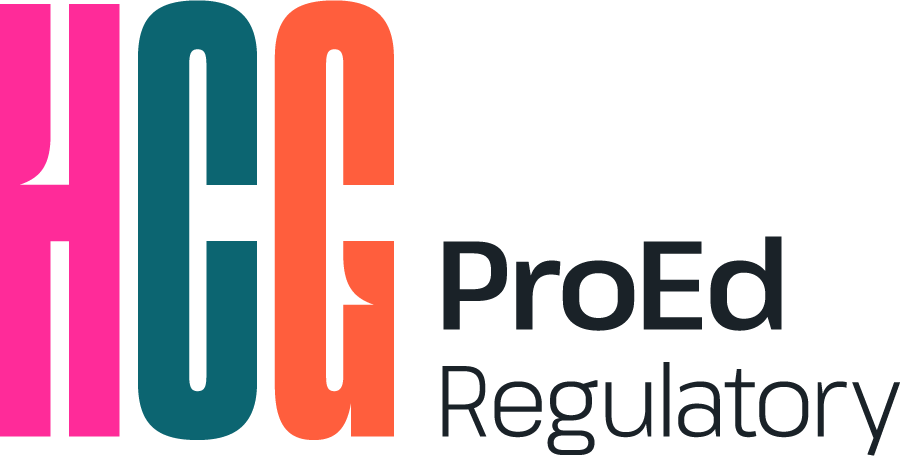Navigating the Regulatory Landscape of Prescription Digital Therapeutics (Part 2)
In our first installment, we explored the rapidly evolving world of digital health therapeutics (DTx),1 which are innovative, evidence-based software solutions that go far beyond wellness apps to deliver clinically meaningful outcomes for patients. We discussed the distinctions between prescription and non-prescription DTx, highlighted real-world examples, and discussed the significant benefits DTx offer in terms…
